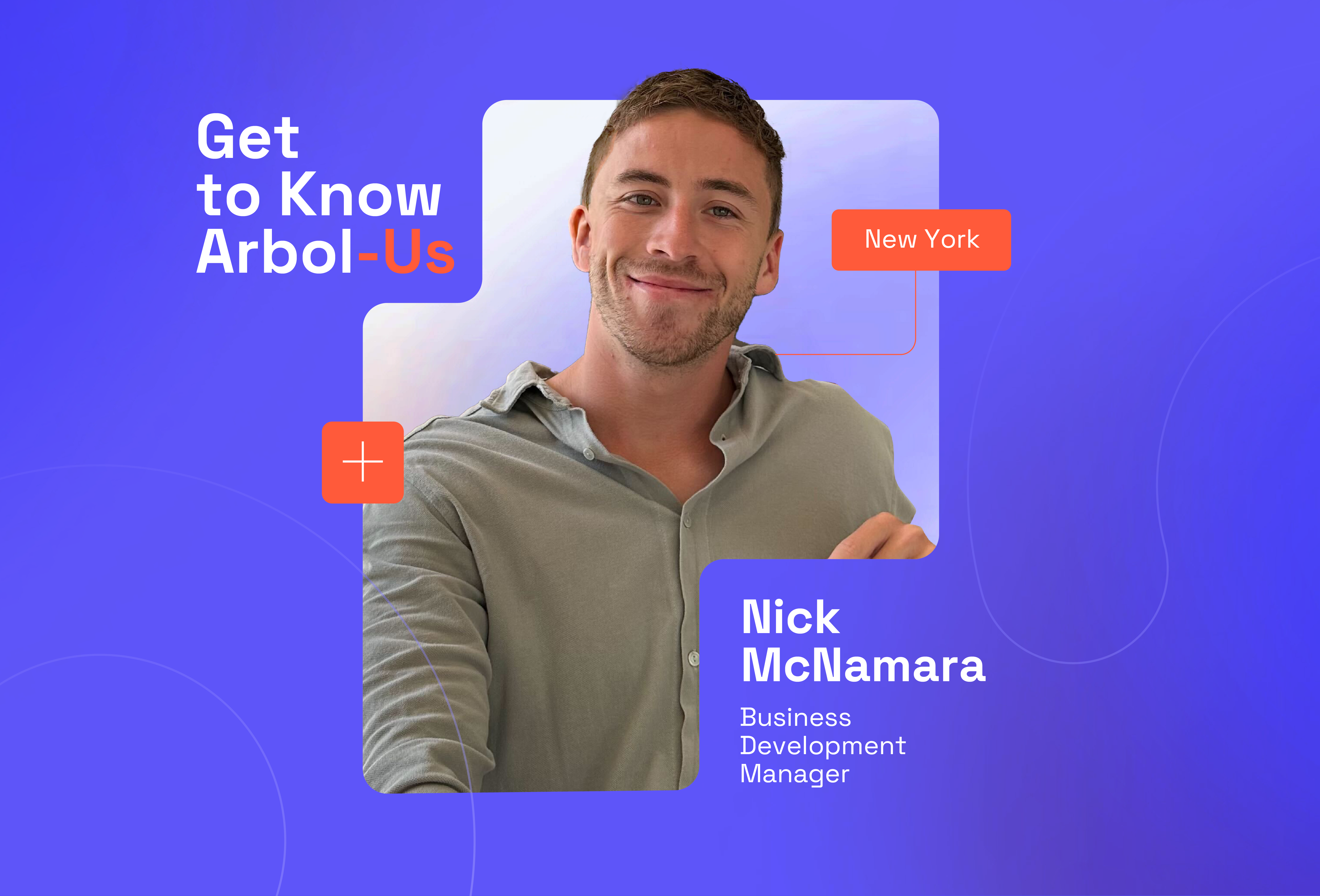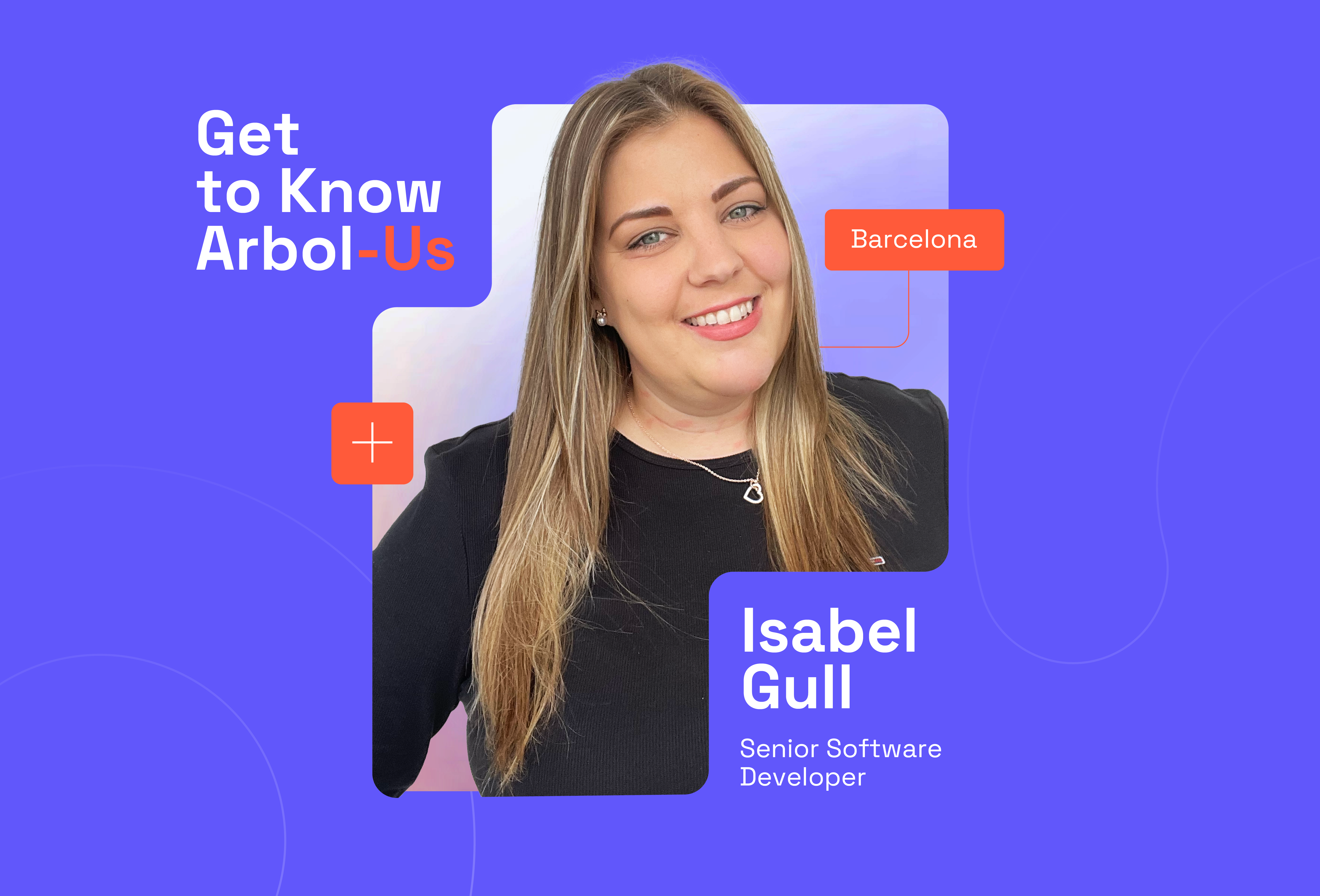During our recent webinar “Cutting Through the Noise: Identifying High-Potential AI Investment Opportunities” our panellists Llewellyn John (Partner, FPE Capital) and Jan Beitner (Director Data & AI, Inflexion) shared their experiences and insights on assessing AI capabilities during the diligence process and identifying opportunities for value creation.
Below is a quick summary of Key Insights from the session. To dive deeper into this topic, watch the full on-demand recording here.
How has the perception of AI's value and uses changed in the last few years, based on your experience?
The perception of AI has changed so drastically - it’s like day and night. Before tools like ChatGPT, AI was seen as an incremental value add for personalisation and lead identification, not a complete disruptor.
Now, discussions at IC focus on whether AI poses a problem for investments, as there are many ways that AI can disrupt the actual business model. This gives AI a much bigger profile and deal teams must be prepared to address these questions all the time.
How has your approach to AI investments evolved recently?
FPE's approach can be broken down into three main areas for each company, whether it's an existing portfolio company or a new opportunity:
- Internal Processes and Efficiency Gains: This has become a fundamental aspect - assessing how AI can enhance internal processes to drive existing business models faster. For example, significant improvements have been made in code writing within engineering teams over the past year.
- Customer Propositions: Evaluating how companies are integrating AI into their existing products to enhance their customer offerings. This includes accelerating various elements of their products through AI.
- Market Impact: Considering the broader market implications of AI. This involves understanding whether optimising existing products and processes is sufficient or if there are external AI-driven market changes that could disrupt the business.
In terms of direct AI investments, there are few mature, purely generative AI business models that have scaled to a level suitable for private equity investment. While venture capital is heavily funding early-stage AI ideas, most PE activity focuses on companies integrating AI into their existing products, with a few live examples in FPE's portfolio.
Is the concern at IC both about AI disrupting the core business and competitors leveraging AI to make it less relevant?
Yes, the concern is both about AI disrupting the core business and competitors using AI to enhance their offerings. The focus is on understanding your unique selling proposition (USP) and assessing whether your data or business model is proprietary or easily accessible. Core business disruption is an IC issue, while differentiation and portfolio management are more about creating additional value in the market.
Given the value of unique data as a competitive moat, how are your portfolio companies ensuring their data remains a unique advantage?
There are two main areas that should be a focal point for ensuring the data remains a unique advantage:
- Data Quality: Prioritising cleaning and structuring data effectively to ensure it produces useful results when applied to AI models. This involves ongoing efforts to maintain data integrity and address any inconsistencies or silos.
- Business Relevance: Ensuring that data usage provides clear value to customers by solving real business problems. Companies must manage how data benefits are shared and ensure proper legal and operational access, whether using proprietary or customer data. The goal is to maximise the value of the data, even when integrating generative AI models.
Do you apply a premium for companies with strong, differentiated AI capabilities?
Yes, a premium is applied to companies with strong, differentiated AI capabilities, but only if they've built the infrastructure to quickly derive value. The premium is for accelerated growth and profitability, not just for having AI per se. If a company has streamlined its operations and built effective AI-driven products, it justifies a higher valuation due to improved performance and market traction.
Additionally, a company's AI capabilities can signal a culture of innovation and strong leadership, which are crucial for successful partnerships in the mid-market.
Are portfolio companies hiring different types of talent to leverage AI for growth and profitability?
Yes, portfolio companies are indeed hiring different talent to leverage AI for growth and profitability. Key changes include:
- Shift in Skills: Moving from traditional coding roles to data scientists.
- Use Case Impact: Depending on the project, data scientists are needed for evaluation and iteration, while engineers focus on implementation.
Are there examples from portfolio companies where AI is used to drive value through growth or profitability?
Some of the notable examples of using AI to drive value, mentioned by the panellists were:
- Lead Conversion: AI improved a lead identification process, boosting conversion rates from 1% to 15%, significantly enhancing sales efficiency.
- Product Improvement: AI has been used to enhance products, such as better search functionalities, which improves customer satisfaction and Net Promoter Scores (NPS).
- Automation in Data Entry: An AI-powered model dramatically reduced data entry time by 70% and increased accuracy to 90%, transforming a high-cost, manual process into a streamlined, automated one. This also shifted a business model from service-based to subscription-based, increasing overall value.
What are your predictions for the future of AI in this space?
The panellists highlighted three main predictions:
- Shift in Skill Demand: The focus will shift from creating software code to matching products with customer needs. Product management skills will become increasingly important as technology evolves rapidly.
- Increased Product Cadence: Companies will need to keep pace with product development and stay close to customer needs to remain competitive.
- Cost and Quality Dynamics: As AI costs drop and quality improves, traditional companies with unique value propositions will benefit more than pure-play AI firms. AI will enhance traditional business models rather than replace them.
During the Audience Q&A session, our panellists covered the following questions:
- What kind of indicators can be used to gauge whether gen AI is demonstrably accelerating growth or profits?
- How do you really gauge the market opportunity for AI products or modules?
To hear answers to these questions, listen to the full discussion here.
About Arbolus
Arbolus is the go-to expert network for Investors seeking a forward-thinking way to gain an information advantage.
Enabled by our tech-driven approach, we deliver better insights, from the best experts, in less time:
- Innovative products for faster insights
- The most relevant, hard-to-find experts
- A dedicated team you can rely on
Check out how Arbolus can help you be the first to build confidence and secure great deals with timely insights.



